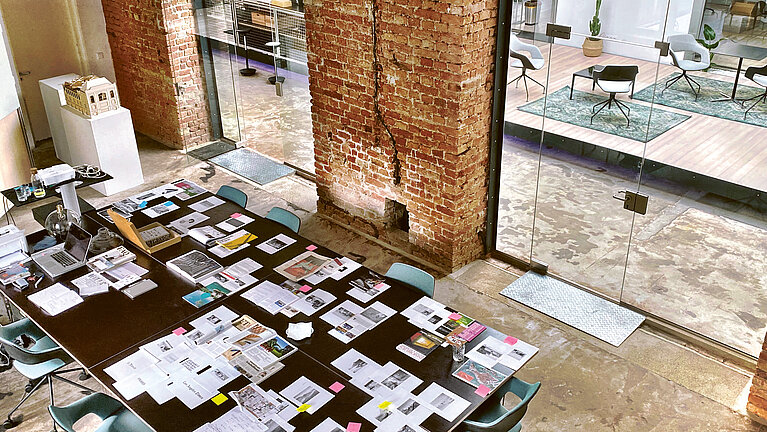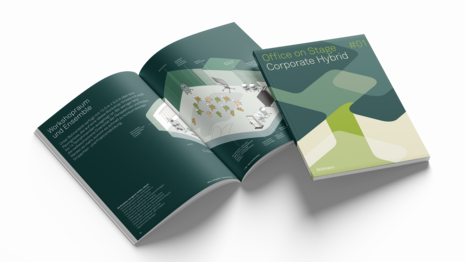
Innovation begins with the space. In modern organizations, workshop, innovation and project workspaces have long been more than just working environments - they are the stage for creative processes, collaborative decision-making and the development of sustainable solutions.
With Confair Next, we offer a furnishing system that is designed precisely for these spaces: flexible, mobile, intuitive.
Why flexible spaces are crucial today
Workshops are regarded as germ cells for innovation. They bring together different perspectives - interdisciplinary, equal, at eye level. However, successful collaboration requires not only good moderation and methodology, but also a spatial concept that visibly supports these processes:
- Open, informal atmosphere that breaks down hierarchies
- Variable zoning that enables group work, quiet work or plenary phases
- Activating facility that encourages participation by the participants
Principles of successful workshop spaces
What makes a workshop effective? There are six basic principles that underlie every successful session:
- Interactivity
- Clear objectives
- Commitment of the participants
- Professional moderation
- Feedback and reflection
- Structural flexibility
These principles are reflected not only in the method, but also in the design of the room. Because methodological diversity needs a spatial equivalent. In many formats - from the Six-Hat-Method, Design Thinking or World Café - keynote speeches, small group work, brainstorming, visualization and reflection alternate dynamically.
This also includes the deliberate use of methods that enable a change of perspective, for example through playful approaches or symbolically structured role allocations. The workshop thus becomes a lively, changing process - and the room must support this dynamic.
Four trends that are changing interior design
In office planning, we are observing four developments that have a direct influence on the furnishing of workshop spaces:
- Visualization for all: Tools such as whiteboards and pinboards have long been standard, even outside of traditional workshop zones.
- Digital integration: Whether AI-generated images or hybrid collaboration - digital media will naturally become part of the workflow.
- Feel-good spaces instead of laboratory aesthetics: The desire for an appreciative presence culture characterizes the furnishings and choice of materials.
- Multifunctional instead of monofunctional: Rooms should be flexible - for workshops, meetings or informal exchanges.
With Confair Next, these trends can be seamlessly translated into concrete furnishing solutions.
Rooms with room to maneuver - thanks to flexible furnishings
The central principle: self-organization and activation. This is why Confair Next functions as an ensemble of mobile, modular furniture that can be quickly rearranged, added to or reduced depending on the process and method.
The flexible room modules:
- can be moved easily - across floors and departments
- are multifunctional - e.g. can be used as a table, whiteboard or media station
- bring analog and digital tools together - ideal for hybrid settings
- impress with their aesthetic quality, which can be integrated into a wide variety of room concepts

Conclusion: Spaces shape processes - not just surfaces
Good office planning creates spaces of possibility. Spaces that don't restrict, but liberate. Confair Next is made for this: as a system that adapts flexibly to methods, people and topics.
For spaces that adapt to the work - not the other way around.
Download now for free: Office on Stage Magazine
You can find further insights, inspiration and practical planning examples for future-proof working environments in our Office on Stage magazine. Find out how human needs, new forms of work, technological developments and spatial concepts can be intelligently combined - so that agile collaboration becomes the standard.
